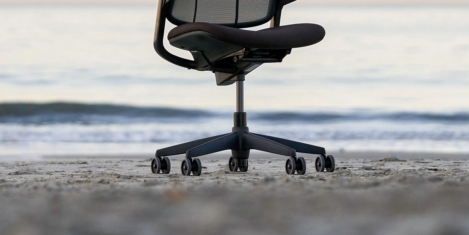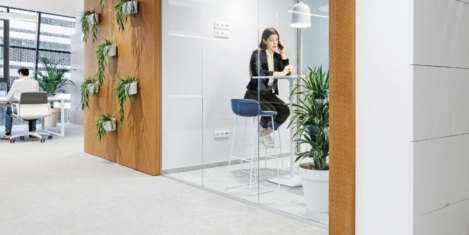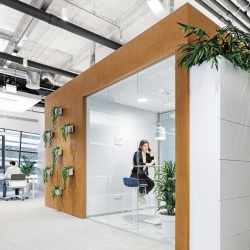To provide the best experiences, we use technologies like cookies to store and/or access device information. Consenting to these technologies will allow us to process data such as browsing behaviour or unique IDs on this site. Not consenting or withdrawing consent, may adversely affect certain features and functions.
The technical storage or access is strictly necessary for the legitimate purpose of enabling the use of a specific service explicitly requested by the subscriber or user, or for the sole purpose of carrying out the transmission of a communication over an electronic communications network.
The technical storage or access is necessary for the legitimate purpose of storing preferences that are not requested by the subscriber or user.
The technical storage or access that is used exclusively for statistical purposes.
The technical storage or access that is used exclusively for anonymous statistical purposes. Without a subpoena, voluntary compliance on the part of your Internet Service Provider, or additional records from a third party, information stored or retrieved for this purpose alone cannot usually be used to identify you.
The technical storage or access is required to create user profiles to send advertising, or to track the user on a website or across several websites for similar marketing purposes.
 Nearly three quarters of UK organisations expect employee mental health to improve in 2023 as they open up about mental wellbeing according to a new poll from Koa Health. The study, conducted in partnership with 3Gem Research and Insights, claims that half of employers say they plan to talk more about mental health in company communications as teams continue to struggle with the cost-of-living crisis and its impact on mental health. A further 44 percent say they will openly and visibly practise mental wellbeing habits in the workplace. (more…)
Nearly three quarters of UK organisations expect employee mental health to improve in 2023 as they open up about mental wellbeing according to a new poll from Koa Health. The study, conducted in partnership with 3Gem Research and Insights, claims that half of employers say they plan to talk more about mental health in company communications as teams continue to struggle with the cost-of-living crisis and its impact on mental health. A further 44 percent say they will openly and visibly practise mental wellbeing habits in the workplace. (more…)





































